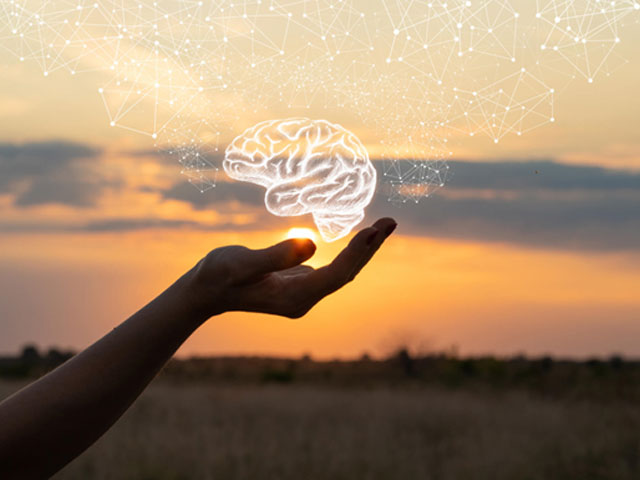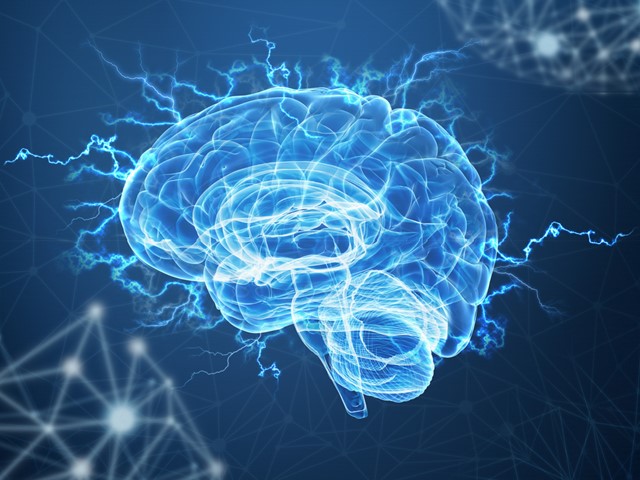
Connection Between Memory and Intelligence
In the grand tapestry of human cognition, memory, and intelligence stand as two pillars that intertwine in an intricate dance, shaping the contours of our mental landscape. Memory, the reservoir of our past experiences, and intelligence, the engine of problem-solving and adaptability, seem to be inseparable companions, each relying on the other in ways both profound and nuanced. This captivating interplay between memory and intelligence has fueled decades of research, inspiring scientists, philosophers, and thinkers to unravel the mysteries that bind them together.
Memory: The Canvas of Our Lives
At its essence, memory is the treasure chest that holds our personal history, emotions and learned information. It’s the reason we remember our first bicycle ride, the scent of a childhood home, and the taste of our favorite meal. Memory operates through various systems, each responsible for different types of information. Sensory memory, for instance, captures fleeting sensations like the warmth of sunlight on a winter morning, while short-term memory lets us hold onto a phone number long enough to dial it.
The most enchanting facet of memory is its ability to transform these transient experiences into lasting imprints. This transformation occurs through a process known as memory consolidation, where information shifts from short-term storage to long-term storage, often involving the hippocampus—a seahorse-shaped structure deep within the brain. Through this neural symphony, our experiences become woven into the fabric of our identity, shaping our perspectives, reactions, and even our decisions.
Intelligence: Navigating the Mental Maze
Intelligence, on the other hand, paints the portrait of our cognitive prowess—the capacity to learn, reason, solve problems, and adapt to new situations. While intelligence tests such as IQ assessments have traditionally attempted to measure this multifaceted construct, there’s a growing understanding that intelligence isn’t a single monolithic entity. Instead, it’s an amalgamation of various cognitive abilities, including abstract thinking, logical reasoning, creative problem-solving, and adaptability.
As the human race has evolved, so too has the concept of intelligence. The traditional view, often limited to analytical abilities, now incorporates emotional intelligence—the ability to understand and manage emotions in ourselves and others. This holistic perspective acknowledges that our ability to navigate the complex intricacies of human interactions is as much a manifestation of intelligence as our aptitude for mathematical equations.
The Dance: How Memory and Intelligence Tango
Peering into the nexus of memory and intelligence reveals a fascinating symbiosis. Memory serves as the foundation upon which intelligence builds its edifice. Consider a scenario where you’re solving a complex puzzle. Your intelligence draws upon your stored knowledge of spatial relationships, patterns, and problem-solving strategies—all of which are possible because of memory.
However, the relationship isn’t one-sided. Intelligence isn’t just a passive beneficiary of memory’s offerings; it also plays a pivotal role in shaping memory. The art of learning, which is a core aspect of intelligence, hinges on our brain’s capacity to encode information effectively. Strategies such as chunking—breaking information into meaningful groups—aid memory by creating coherent structures that are easier to recall.
Furthermore, as intelligence evolves, so does the way we engage with memory. In an era defined by the digital revolution, our reliance on external memory devices, such as smartphones and search engines, has transformed the way we perceive memory. Rather than internalizing vast amounts of information, we’ve become skilled at efficiently accessing and processing information—an evolution that reshapes the boundaries of memory and intelligence.
Neurological Insights: Unveiling the Brain’s Theater
The brain, the stage upon which memory and intelligence perform their duet, holds clues to the intertwined nature of these two faculties. Neuroimaging studies have illuminated the neural pathways that connect memory and intelligence. The prefrontal cortex—a region integral to decision-making, planning, and reasoning—links arms with the hippocampus, allowing the seamless exchange of information between memory and intelligence hubs.
Moreover, the brain’s plasticity—the ability to rewire itself in response to experiences—underscores the dynamic relationship between memory and intelligence. As we learn and adapt, synaptic connections strengthen, and neural pathways forge new connections. This synaptic dance, sculpted by our experiences, lays the foundation for both memory retention and the refinement of cognitive abilities.

Cultivating the Harmony: Strategies for a Resilient Mind
Understanding the connection between memory and intelligence opens doors to enhancing both faculties. Just as musicians practice to perfect their harmonious melodies, we can employ strategies to cultivate a resilient cognitive symphony.
- Mindful Learning: Approaching new information with focused attention and an open mind enhances memory encoding. Engaging deeply with the material—whether it’s a new language, a musical instrument, or a scientific concept—fosters stronger memory connections and facilitates holistic understanding.
- Diverse Experiences: Exposing ourselves to a variety of experiences stimulates the brain and enriches memory stores. These experiences, in turn, fuel the creative aspects of intelligence, as we draw parallels and insights from seemingly unrelated domains.
- Lifelong Learning: Embracing a mindset of lifelong learning ensures that the interplay between memory and intelligence remains vibrant. Engaging in new activities, exploring novel concepts, and challenging ourselves keeps our cognitive faculties agile and adaptable.
The Unending Pas de Deux
As we venture further into the depths of cognitive science, one truth becomes increasingly evident: the connection between memory and intelligence is a pas de deux that knows no final curtain call. Their dance is dynamic and ever-evolving, as our experiences shape memory and intelligence shaping the way we engage with those experiences. The richness of this interplay is a testament to the complexity of the human mind, an intricacy that continues to inspire wonder and fuel our relentless pursuit of knowledge. So let us continue to explore this wondrous partnership, unraveling its mysteries one step at a time, forever entranced by the delicate dance between memory and intelligence. If you are seeking a source and ideas about using nootropics, you can visit their page to know more.
